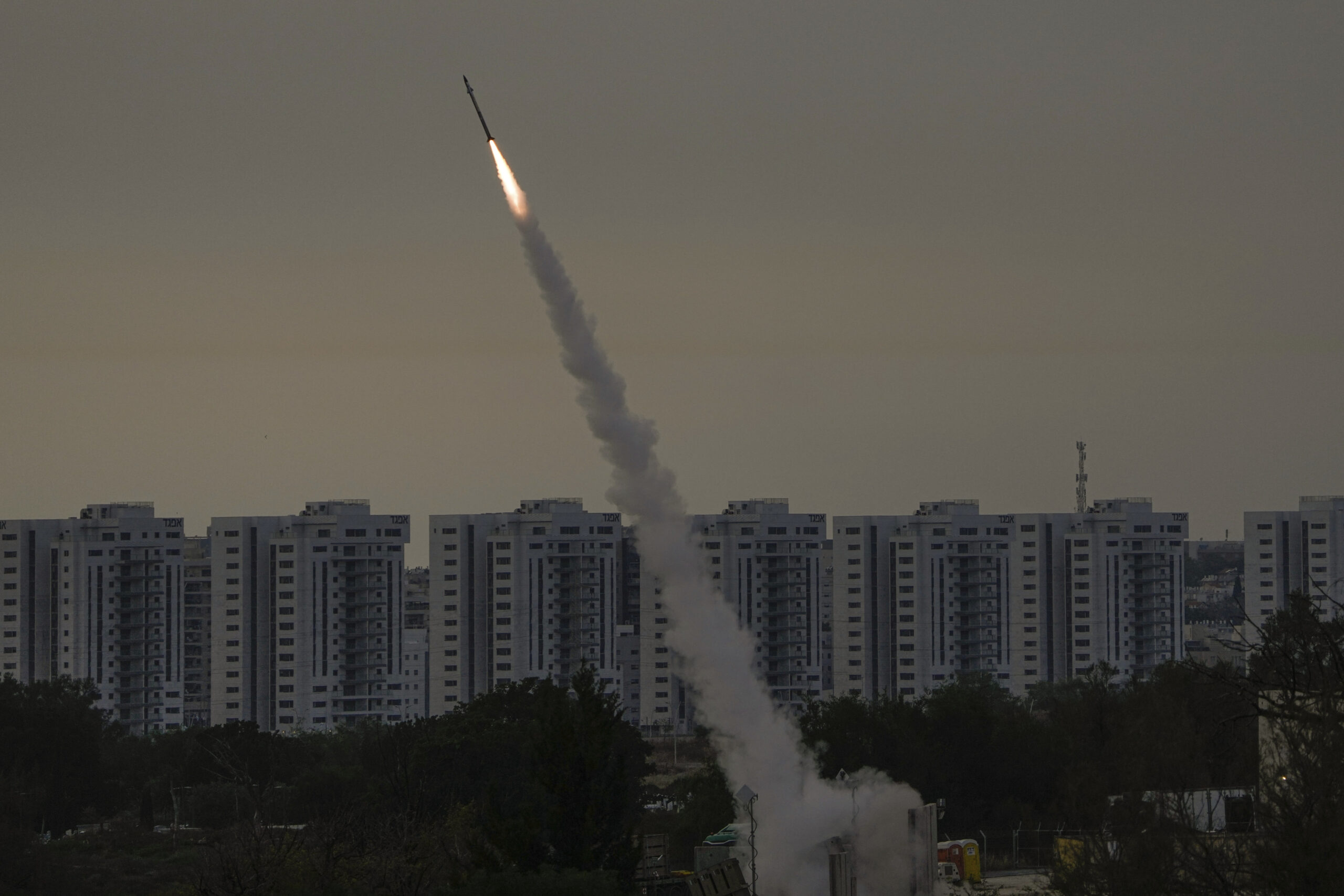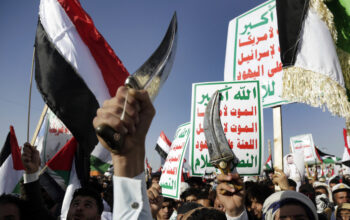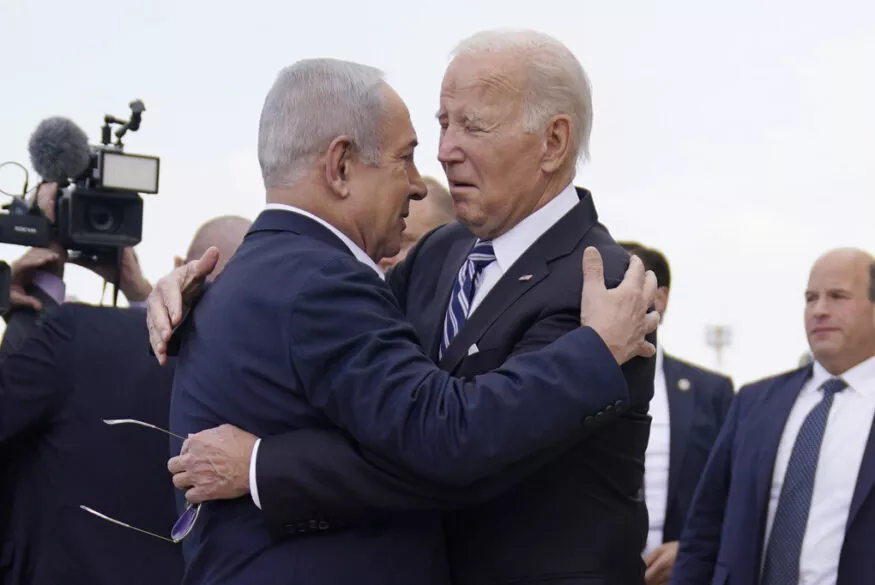In a dramatic escalation of tensions between Pakistan and Iran, Pakistan has retaliated through airstrikes inside Iran. The move comes after tensions between the two countries intensified following a deadly attack on Pakistani soldiers. Pakistan, which shares a long and porous border with Iran, has long accused its neighbor of backing militants who have carried out deadly attacks against its security forces.
The situation began to deteriorate on April 18, when militants killed six Pakistani soldiers in the Balochistan province near the Iranian border. Pakistan immediately blamed Iran for supporting the militants and vowed to take action. This is not the first time such accusations have been made. The countries have a history of mistrust and suspicion, largely stemming from competing regional interests and sectarian tensions.
According to Pakistani officials, the airstrikes targeted militant hideouts in the Iranian border areas of Panjgur and Balochistan. The airstrikes reportedly destroyed several militant camps and killed a number of militants. It is unclear, however, whether Iranian authorities were aware of the airstrikes or whether they had given Pakistan permission to carry out the raids.
The airstrikes have further heightened tensions between the two countries and threaten to further destabilize an already volatile region. Iran has not yet responded to the airstrikes, but it is expected to strongly condemn the move. Given the recent rapprochement between Iran and its traditional rivals Saudi Arabia and the United Arab Emirates (UAE), the situation is particularly sensitive and potentially explosive.
The situation in Pakistan is also fragile, with a fragile coalition government struggling to maintain stability in the face of rising sectarian tension and economic challenges. The airstrikes could further complicate these challenges and make it harder for the government to maintain its fragile grip on power.
The situation is fast-paced and rapidly evolving, with the potential for further violence and instability in the region. The international community must remain vigilant and work to de-escalate the situation before it spirals out of control. Only through cooperation and dialogue can long-term stability and peace be achieved in this troubled region.

















